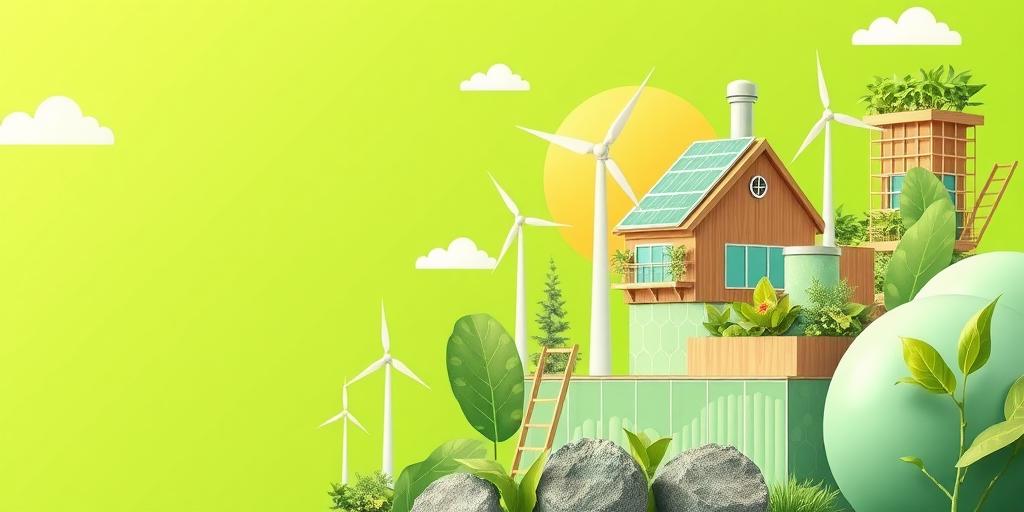Sustainable Innovations Making Noise
The world is changing, and with it, so is our approach to technology and innovation. Sustainability is no longer a buzzword; it's a necessity. In this post, we're diving into some of the most exciting sustainable innovations that are making a real difference. From eco-friendly materials to renewable energy solutions, let's explore how these advancements are shaping a greener future.
Eco-Friendly Materials
One of the most significant areas of sustainable innovation is in the development of eco-friendly materials. These materials aim to reduce the environmental impact of various industries, from construction to fashion. Here are a few examples:
- Bamboo: This fast-growing plant is incredibly versatile and can be used in everything from flooring to clothing. Bamboo is a renewable resource that requires minimal water and no pesticides.
- Recycled Plastics: Innovations in recycling technology have made it possible to transform plastic waste into new products. This reduces landfill waste and the need for virgin plastics.
- Mycelium: The root structure of mushrooms, mycelium, is being used to create biodegradable packaging, furniture, and even building materials. It's a strong, lightweight, and completely natural alternative to traditional materials.
Renewable Energy Solutions
Another crucial area is renewable energy. As we move away from fossil fuels, innovations in solar, wind, and other renewable energy sources are becoming increasingly important:
- Solar Panels: Advances in solar panel technology have made them more efficient and affordable. Innovations like perovskite solar cells promise even greater efficiency gains in the future.
- Wind Turbines: Modern wind turbines are more powerful and reliable than ever before. Innovations like floating wind farms are opening up new possibilities for offshore wind energy.
- Energy Storage: Storing renewable energy is just as important as generating it. Innovations in battery technology, such as lithium-ion and solid-state batteries, are making it easier to store and use renewable energy on demand.
Sustainable Agriculture
Agriculture has a significant impact on the environment, but sustainable farming practices can help mitigate these effects:
- Vertical Farming: Growing crops in vertically stacked layers indoors can reduce water usage, eliminate the need for pesticides, and increase crop yields.
- Precision Agriculture: Using data and technology to optimize farming practices can reduce waste and improve efficiency. This includes using sensors to monitor soil conditions and drones to apply fertilizers and pesticides precisely.
- Regenerative Agriculture: This approach focuses on improving soil health through practices like cover cropping, no-till farming, and crop rotation. Healthy soil can sequester carbon, improve water retention, and increase biodiversity.
The Impact
These sustainable innovations are not just good for the environment; they also offer economic benefits. They can create new jobs, reduce costs, and improve the resilience of our economy. As consumers become more environmentally conscious, companies that embrace sustainability are gaining a competitive advantage.
Conclusion
Sustainable innovations are paving the way for a brighter, greener future. By embracing these advancements, we can reduce our environmental impact, improve our quality of life, and create a more sustainable world for future generations. It's an exciting time to be alive as we witness these transformative changes unfold. Let's continue to support and promote these innovations to build a more sustainable world for all.









